Mobile CT vs. Mobile MRI: Choosing the Right Fit for Your Facility
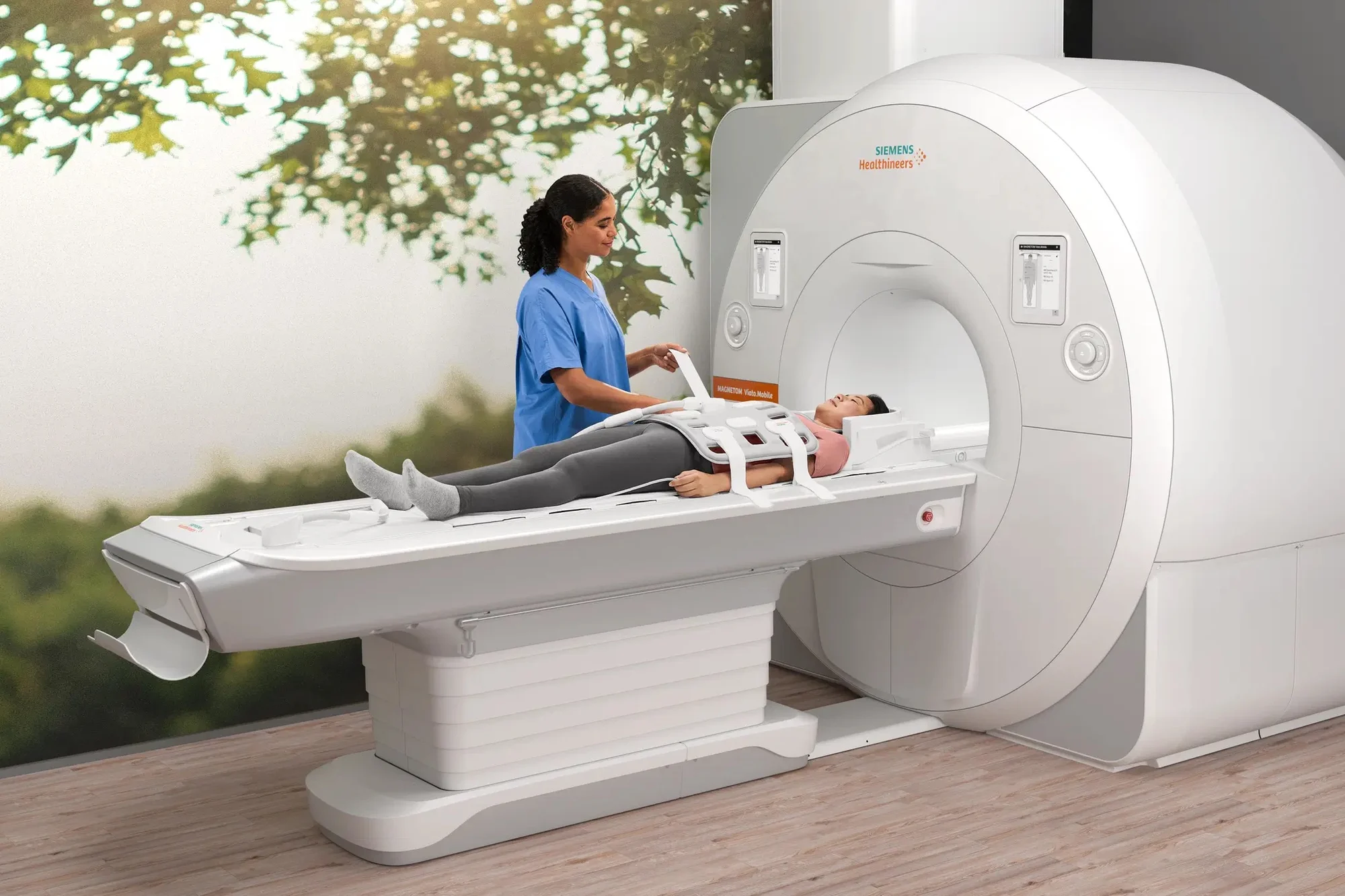
So, your facility is considering renting or owning a Mobile Imaging System, but which one suits your needs best?
In this blog, we'll explore the scenarios where a Mobile CT or MRI is more suitable, helping you make an informed decision.
Medical Considerations:
Diagnostic Capabilities:
MRI and CT serve distinct purposes in diagnostic imaging. MRI excels in soft tissue imaging, making it ideal for neurological, musculoskeletal, and soft tissue examinations. It's particularly useful in diagnosing conditions like strokes, brain tumors, heart disease, breast cancers, and spinal cord damage.
On the other hand, CT scans are excellent for imaging bones and detecting acute hemorrhages. They're more suitable for trauma cases or conditions like kidney stones, pulmonary embolisms, chest abnormalities (blood clots), and tumors in the brain, bones, and lungs.
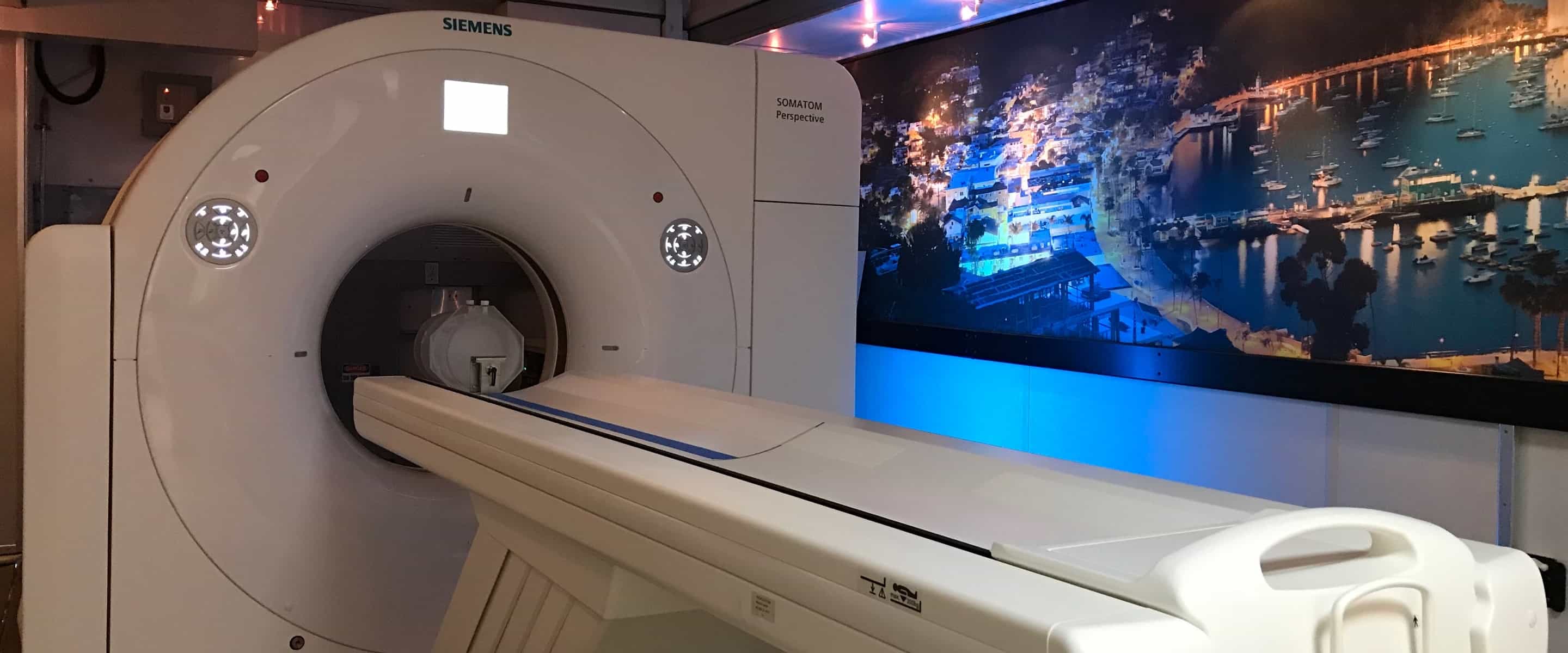
Patient Conditions:
Consider the patient population and the prevalent medical conditions in the healthcare facility's service area.
For example, if there's a high incidence of neurological disorders, such as strokes or brain tumors, an MRI might be more beneficial. If trauma cases are frequent, a CT scanner could be more valuable due to its ability to quickly capture images. In some cases, facilities would also evaluate the choice between CT and PET/CT to choose the best option for their patients.
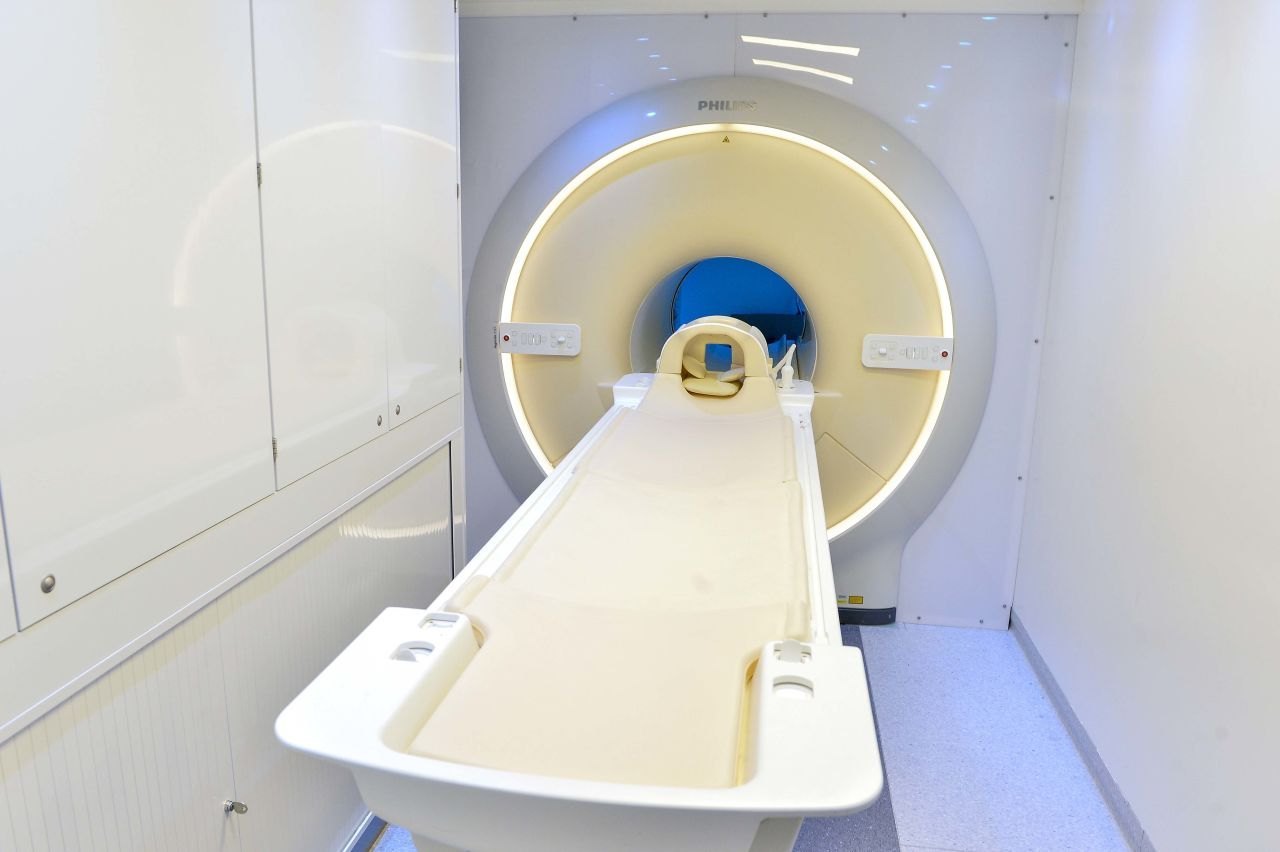
Clinical Workflow:
Evaluate how the addition of either modality will impact clinical workflow. MRI scans typically take longer to acquire and are more sensitive to patient motion, which may affect throughput.
CT scans, on the other hand, are faster and less sensitive to motion, making them more suitable for emergency situations or high-throughput environments.
Financial Considerations:
Initial Investment:
You should really take into account the initial capital expenditure required for purchasing and installing the equipment. Generally, MRI machines are more expensive than CT scanners, both upfront and in ongoing maintenance costs.
Reimbursement Rates:
When talking about reimbursement rates for MRI and CT scans from insurance providers and government healthcare programs. In some cases, reimbursement rates for certain procedures may favor one modality over the other, influencing the financial viability of the investment.
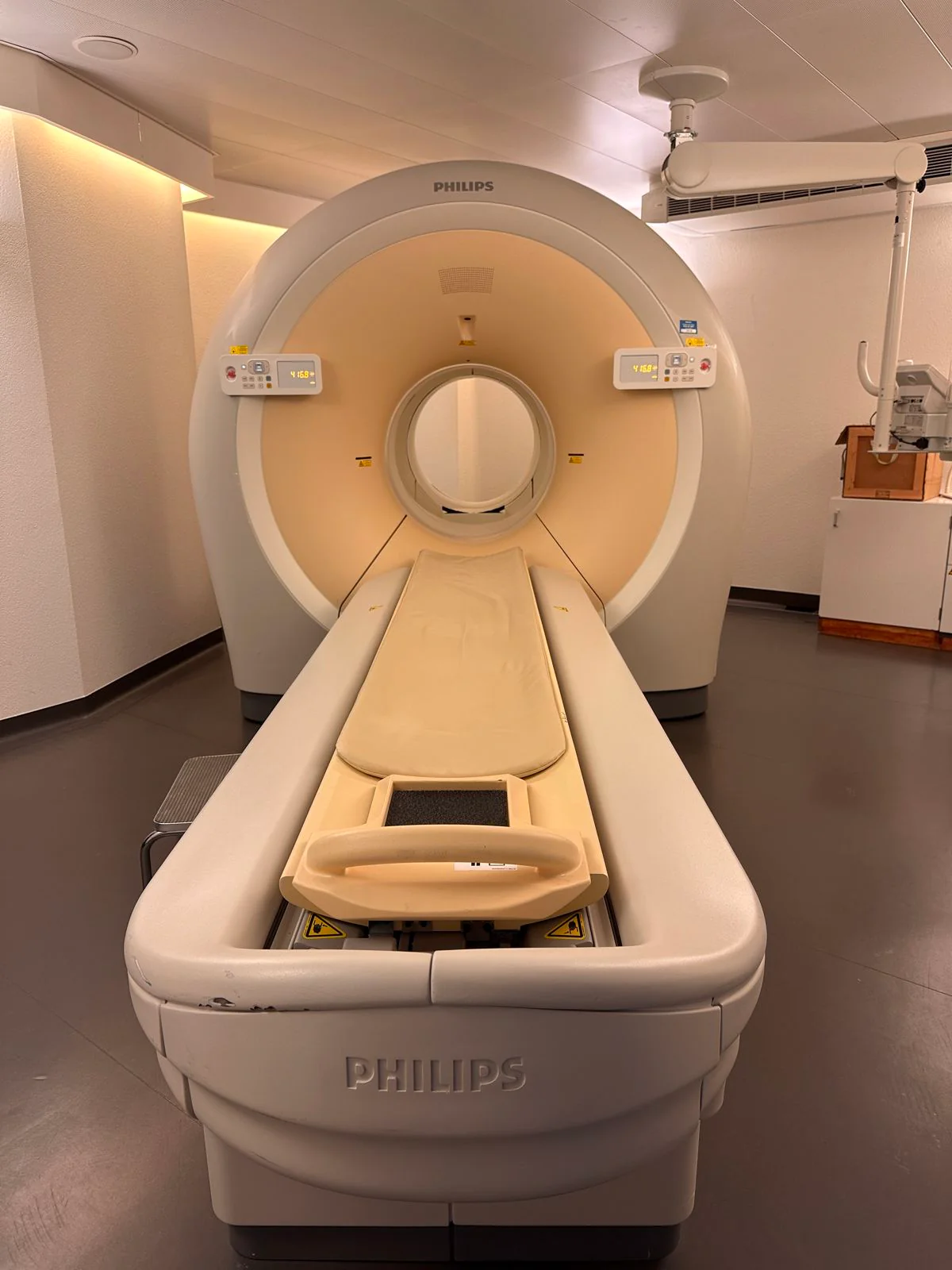
Utilization Rates:
One should analyze the expected utilization rates for each modality based on patient demographics, referral patterns, and existing demand. A thorough understanding of anticipated scan volumes can help determine the potential return on investment for each modality.
Operational Costs:
Consider the ongoing operational costs, including maintenance, consumables, and staffing requirements. MRI machines typically have higher ongoing maintenance costs due to their complex systems and cryogen requirements, whereas CT scanners may have lower maintenance costs but higher radiation shielding requirements and higher frequency of requiring a repair or maintenance on the system.
Flexibility & Adaptability:
Mobile vs. Fixed Units:
There is no doubt that a Mobile System could help any facility in maintaining patient volume, keeping patient backlog to the lowest rate possible, saving on time and money of investment in a fixed unit, dealing with lack of space in both small and large healthcare providing facilities.
Mobile units offer flexibility in terms of deployment and can be particularly advantageous for facilities with fluctuating demand or limited space. Therefore, both Mobile MRI and CT are well needed in this situation.
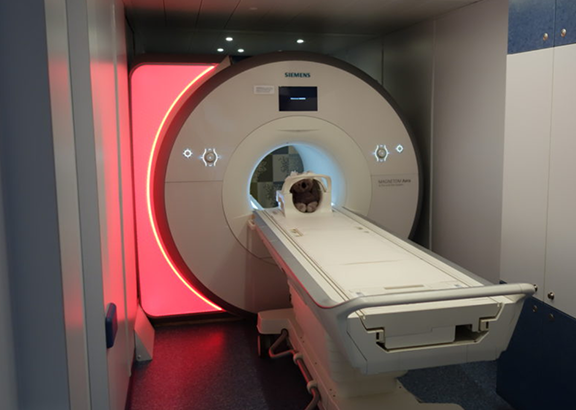
Upgrade Path:
Consider the future scalability and upgradeability of the chosen modality. You should evaluate whether the system can accommodate technological advancements and evolving clinical needs without necessitating a complete replacement. However, with the assistance of AI and the development of technology, any systems and modality (whether mobile or fixed) would have a scalable option to upgrade gradually but still remain cost-effective.
Takeaways:
Depending on the medical requirement, location, patient’s population, medical conditions and initial financial budget, one might end up choosing different methods of radiological imaging. If you’re still not sure whether MRI or CT is better or which modality is the best for your facility requirement.
If you're still unsure, Medco Blue can help! Our experts can provide tailored rental or purchasing plans based on your needs, including programs like "Rent to Own." Contact us at sales@medcoblue.com or call (216) 600-0801 to set up your Mobile CT or Mobile MRI today!
Get a quote today on Mobile CT and Mobile MRI:
Call (216) 600-0801 or email us at sales@medcoblue.com
